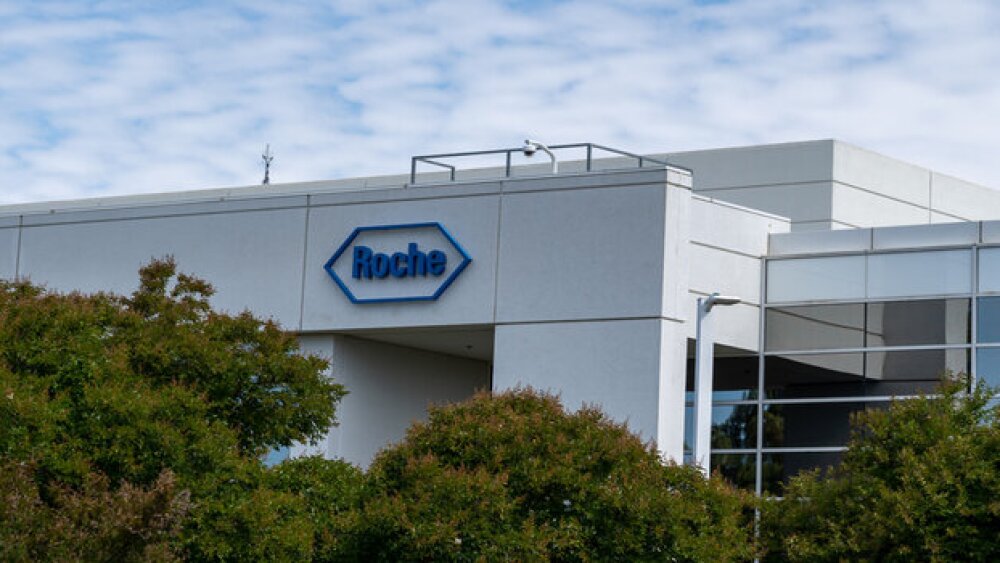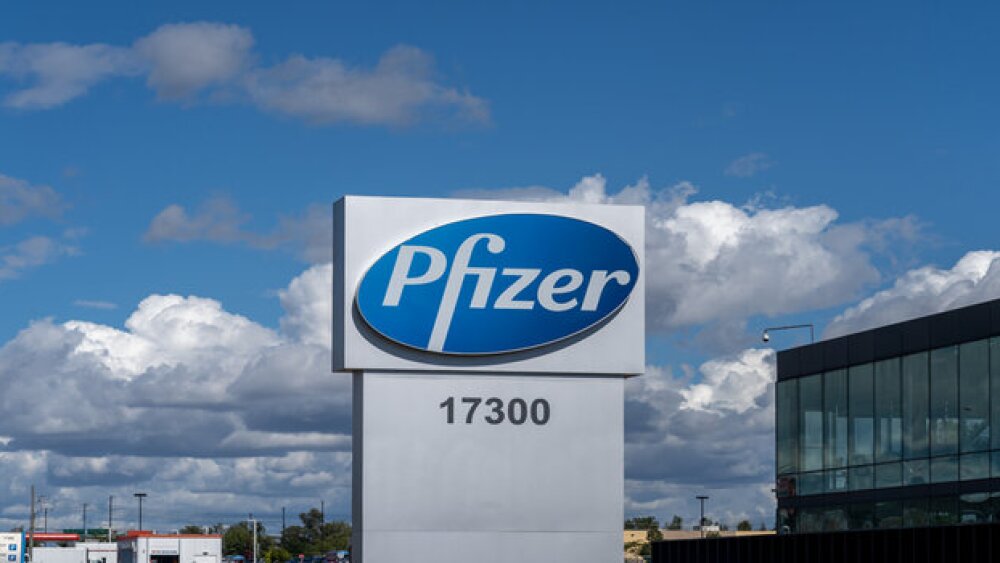July 7, 2015
By Riley McDermid, BioSpace.com Breaking News Sr. Editor
A new study from business intelligence provider GBI Research has found that the global biosimilars market value is expected to reach $20 billion by the end of 2015 and could hit $55 billion by 2020, as new pipelines emerge and governments scramble to reduce healthcare spending.
“There are currently 642 biosimilar trials being conducted, with 146 unique molecules. Biosimilars are most focused on oncology therapy, with a 36 percent share, while immunology treatment comprises 21 percent of the pipeline, meaning these two segments account for more than half of the total trials,” said Sumith Ladda, an analyst for GBI Research.
That means new companies are getting into the market as the targets for biosimilars widen.
“Historically, simple proteins, such as filgastrim and epotien, were the prime targets of biosimilar development, but the focus has now shifted to complex monoclonal antibodies (mAbs), as there are numerous blockbuster mAbs going off-patent.”
Global authorities will need to find a way to streamline their regulatory processes, said the report, as governments currently have too much of a piecemeal approach to biosimilar legislation.
“The European Medicines Agency (EMA) has the most robust and longest-standing guidelines for biosimilars. Countries such as Japan, China, and South Korea have developed guidelines similar to these,” said Ladda.
“The U.S. Food and Drug Administration (FDA) finalized guidelines for biosimilars in 2014 and approved its first biosimilar, Zarxio, on March 6, 2015. This marks the entry of biosimilars in the US, and has increased industry confidence in the country’s biosimilars market.”
BioSpace chatted with some of the study’s authors, including Shreya Brahmbhat, about the biggest takeaways from the data.
BIOSPACE: What’s fuelling the growth of the biosimilar market?
Increasing incidences of cancer and autoimmune diseases, increased efficacy of biosimilars in hard-to-treat chronic diseases, enormously high costs of biologics compared with chemical-based small molecule and reduction in cost of therapy with biosimilar products are main fuelling factors for the growth of biosimilars.
BIOSPACE: How will the developing world benefit from access to biosimilars?
The 30 percent to 50 percent reduction in biosimilars prices compared with branded biologics, which could lead to considerable savings in healthcare expenditure & treatment outcomes will improve for chronic diseases due to increasing use of biosimilars in developed countries.
BIOSPACE: Which Big Pharma companies do you see taking the lead in biosimilars?
•Pfizer Inc. , Actavis plc , AbbVie – In U.S.
•Sandoz, Inc. /Novartis AG , Stada Arzneimittel, Gedeon Richter – In Europe
•Kyowa Hakko Kirin, JCR Pharmaceuticals – In Japan
•Celltrion, Inc. , Hanwha Chemical, Samsung Bioepis, LG Life Sciences, Ltd. – In South Korea
•Dr. Reddy’s Laboratories Ltd. , Biocon, Reliance Life Sciences, Cipla Ltd. – In India
•3SBio Inc. , Shandong Kexing – In China
BIOSPACE: What’s the most focused biosimilar currently in development?
Rituximab is the most focused biosimilar with involvement in 55 trials, followed by adalimumab (45) and bevacizumab (37).There are six mAbs in the top 10 most focused biosimilars.
As New Jersey Biotech Booms, Will It Overtake Other States As Prime Location?
A week after Celgene Corporation announced it is officially the mystery buyer of Merck & Co. ’s former 1 million-square-foot R&D site in Summit, N.J., it quickly became our most popular story last week.
The company announced last Wednesday that it is buying the space, ending months of speculation about what Big Pharma company might move into the neighborhood.
The Summit, N.J. site is zoned research/office. The New Jersey site would put operations closer to some of the major biotech and pharmaceutical hubs on the East Coast.
But, by far, the most tempting part of doing business in the state remains New Jersey’s operating tax credit, which allows companies to sell their net operating losses to the New Jersey Treasury. One of the state’s most recognizable biotechs, Celgene, used the program until it became profitable, which was key to it staying in the state, said local officials.
That has BioSpace is wondering if New Jersey is becoming the new face of biotech. What do you think? Can the Garden State compete with other longtime stalwarts like California or Boston?





